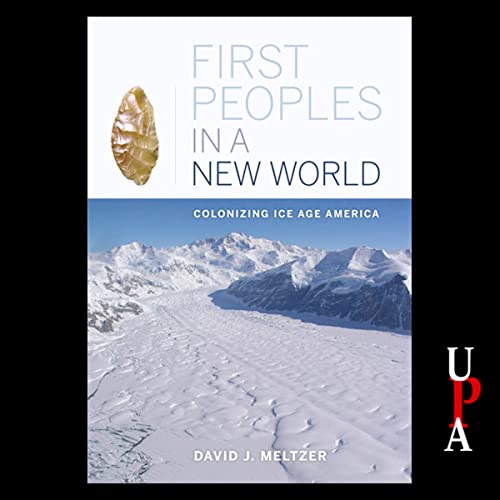
First Peoples in a New World
Colonizing Ice Age America
Échec de l'ajout au panier.
Échec de l'ajout à la liste d'envies.
Échec de la suppression de la liste d’envies.
Échec du suivi du balado
Ne plus suivre le balado a échoué
Obtenez gratuitement l’abonnement Premium Plus pendant 30 jours
Acheter pour 31,26 $
-
Narrateur(s):
-
Christopher Prince
-
Auteur(s):
-
David J. Meltzer
À propos de cet audio
More than 12,000 years ago, in one of the greatest triumphs of prehistory, humans colonized North America, a continent that was then truly a new world. Just when and how they did so has been one of the most perplexing and controversial questions in archaeology. This dazzling, cutting-edge synthesis, written for a wide audience by an archaeologist who has long been at the center of these debates, tells the scientific story of the first Americans: where they came from, when they arrived, and how they met the challenges of moving across the vast, unknown landscapes of Ice Age North America. David J. Meltzer pulls together the latest ideas from archaeology, geology, linguistics, skeletal biology, genetics, and other fields to trace the breakthroughs that have revolutionized our understanding in recent years. Among many other topics, he explores disputes over the hemisphere's oldest and most controversial sites and considers how the first Americans coped with changing global climates. He also confronts some radical claims: that the Americas were colonized from Europe or that a crashing comet obliterated the Pleistocene megafauna. Full of entertaining discriptions of on-site encounters, personalities, and controversies, this is a compelling behind-the-scenes account of how science is illuminating our past. The book is published by University of California Press.
©2009 The Regents of the University of California (P)2011 Redwood AudiobooksCe que les critiques en disent
interesting and broad.
Un problème est survenu. Veuillez réessayer dans quelques minutes.

